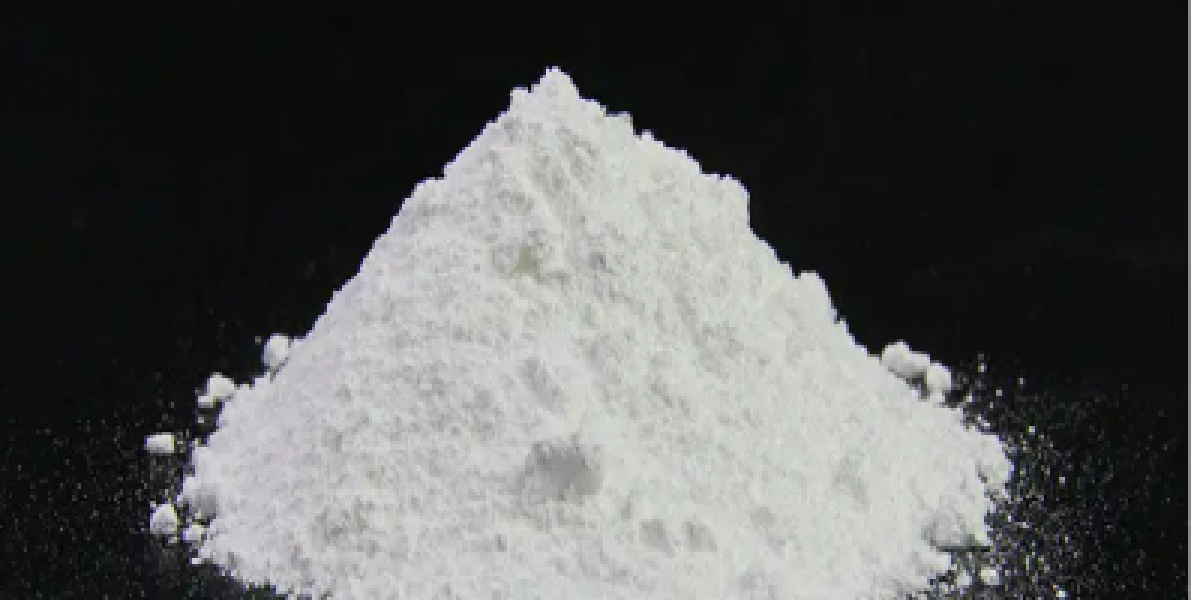Industrial chemical products are essential across various sectors, driving manufacturing, agriculture, healthcare, and more. Here are some key industrial chemical products and their specific uses:
1. Manufacturing and Industrial Production
- Plastics and Polymers: Ethylene and propylene are crucial for producing plastics used in packaging, electronics, and consumer goods. For example, ethylene is vital for creating polyethylene, a common plastic.
- Metal Processing: Sulfuric acid and hydrochloric acid are used for cleaning, etching, and electroplating metals.
- Textile Industry: Dyes, bleaching agents (like hydrogen peroxide), and finishing chemical products enhance fabric aesthetics and durability.
- Glass and Ceramics: chemical products like silica and alumina contribute to high-quality production.
2. Automotive Industry
- Lubricants and Coolants: Essential for reducing friction and maintaining engine temperature.
- Paints and Protective Coatings: Protect vehicles from corrosion and enhance appearance.
- Battery chemical products: Lithium, lead-acid, and other compounds power conventional and electric vehicles.
3. Construction and Infrastructure
- Cement and Concrete Additives: Improve bonding, durability, and setting time of concrete.
- Sealants and Waterproofing Solutions: Protect structures from water damage.
- Paints and Coatings: Provide aesthetic appeal and weather resistance.
4. Pharmaceuticals
- Active Pharmaceutical Ingredients (APIs): Core compounds providing therapeutic effects.
- Excipients and Stabilizers: Improve drug effectiveness and shelf life.
- Sterilization Agents: Disinfectants like hydrogen peroxide and ethanol ensure sterile medical environments.
5. Agriculture
- Fertilizers: Nitrogen, phosphorus, and potassium compounds improve soil fertility and crop yields.
- Pesticides and Herbicides: Protect crops from pests and diseases, ensuring higher productivity.
- Soil Conditioners: Improve soil structure and water retention.
6. Water Treatment
- Coagulants and Flocculants: Remove suspended particles from water.
- Disinfectants: Chlorine and ozone eliminate harmful microorganisms.
- pH Regulators: Maintain balanced water chemistry for industrial and residential use.
7. Food and Beverage Industry
- Food Additives: Preservatives (like sodium benzoate) and flavorings (like vanillin) enhance food quality.
- Beverage Processing: Carbon dioxide is used for carbonation, and enzymes (like amylase) are used in brewing.
8. Energy Sector
- Fuel Additives: Enhance fuel performance and efficiency, such as octane boosters in gasoline.
- Industrial chemical products in Energy Production: Hydrochloric acid is used in hydraulic fracturing to extract oil and natural gas.
9. Environmental and Water Treatment
- Pollution Control: Activated carbon removes contaminants from air and water.
- Acid Neutralizers: Calcium carbonate treats acidic waste.
10. Other Key chemical products
- Sulfuric Acid: Widely used in fertilizer production, petroleum refining, and chemical manufacturing.
- Nitrogen: An inert gas used for freezing substances, steelmaking, and concrete curing.
- Ammonia: Vital for liquid fertilizers like ammonium nitrate and urea.
These chemical products are integral to modern industry, enhancing efficiency, quality, and innovation across various sectors.



